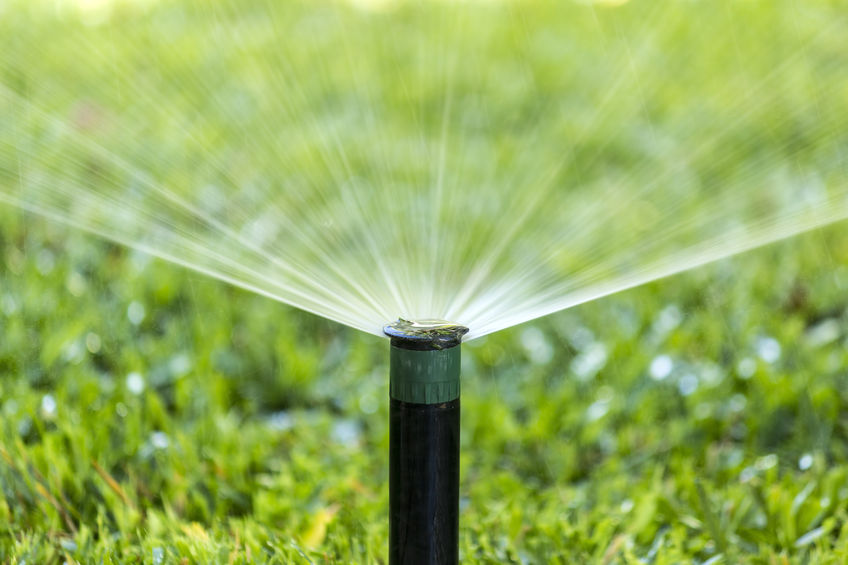
Drought planning continues after the UK's driest summer since 1921 puts pressure on farming and the environment.
The National Drought Group has urged people to use water wisely following a meeting to discuss pressure on water resources and the environment following this summer’s heat wave.
The Environment Agency has responded to a 330% increase in significant drought-related incidents as teams acted to safeguard food production, protect wildlife and rescue fish struggling due to low river flows.
Hydrologists have recorded ‘exceptionally low’ river flows for 5 weeks in a row, reservoir stocks for England as a whole were at historic lows for the end of July and soils were the driest on record in the North West.
The EA’s Chief Executive, Sir James Bevan chaired the National Drought Group meeting and received updates from water companies, and discussed ways to sustain support for farmers and protect the environment.
Water companies were asked to outline progress against agreed action plans to maintain water supplies while protecting food production and the environment.
They reported that there are no current plans to bring in hosepipe bans, although water restrictions remain a possibility if rainfall in September is low.
A range of actions to respond to the impacts of dry weather were spoken of, including more support for farmers by allowing flexibility with water abstraction in order to safeguard food production and animal welfare.
Increased monitoring of businesses abstracting water has also commenced to ensure they are not taking more water than they need.
Four drought permits have been issued to United Utilities at locations in Cumbria, should they be needed later in the year.
Although August has seen dry periods interrupted by bouts of wet weather, the Met Office 3 month outlook for September to November forecasts that above average temperatures and slightly lower than average rainfall are likely.
